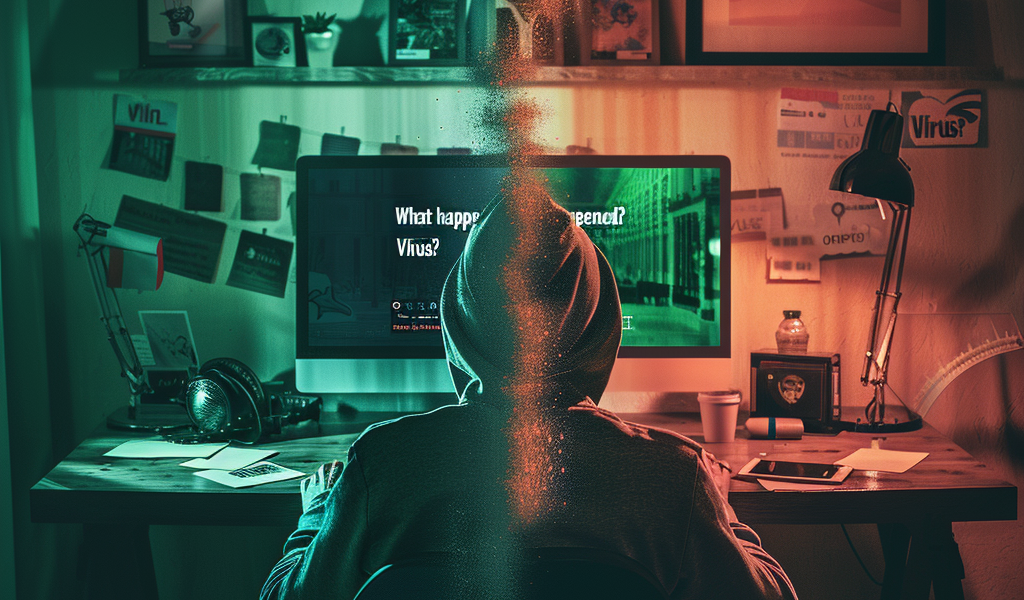Kaspersky’s Abrupt Transition to UltraAV Raises Concerns Among Users
In a surprising move, Kaspersky, the renowned Russian cybersecurity firm, has begun deleting its anti-malware software from computers across the United States. This action, which started on September 23, 2024, involves replacing Kaspersky’s software with UltraAV’s antivirus solution without prior notification to users.
This drastic measure follows Kaspersky’s decision to cease its operations in the U.S. market and lay off local employees. The company’s exit was prompted by its inclusion in the U.S. government’s Entity List, which identifies foreign entities considered a national security risk. This designation was made in June 2024, leading to significant changes in Kaspersky’s business strategy.
On June 20, the Biden administration announced a ban on the sale and distribution of Kaspersky’s software in the United States, effective September 29, 2024. This ban arose due to concerns about potential security risks associated with Kaspersky’s products. Following this announcement, Kaspersky communicated its plans to close its U.S. operations and began laying off staff starting July 20, 2024.
In early September, Kaspersky reassured its customers via email that they would continue to receive reliable cybersecurity protection through UltraAV, a product owned by Pango Group. However, the communication did not mention that Kaspersky’s software would be removed from users’ devices without any warning.
Reports from users have flooded online forums, including BleepingComputer, indicating that UltraAV’s software was forcefully installed on their computers, leading to widespread confusion and anxiety. Many users expressed concerns that their devices had been compromised by malware, as they woke up to find Kaspersky’s software replaced unexpectedly.
One user shared their experience, stating, “I woke up and saw this new antivirus system on my desktop, and I tried opening Kaspersky, but it was gone. I had to look up what happened because I was literally having a mini heart attack that my desktop somehow had a virus that uninstalled Kaspersky.”
Adding to the frustration, while some users managed to uninstall UltraAV using its uninstaller, others found that attempts to remove it through standard uninstall applications resulted in the software being reinstalled after a system reboot. This behavior has raised alarms about the legitimacy of UltraAV and its installation process.
In addition, users with existing Kaspersky VPN subscriptions reported finding UltraVPN installed on their systems, further complicating the transition process. Despite the confusion, UltraAV’s official website claims that paying Kaspersky customers will have active UltraAV protection on their devices once the transition is complete, along with access to additional premium features.
The sudden shift from Kaspersky to UltraAV has left many users feeling unsettled and questioning the security implications of this unexpected software change. As Kaspersky navigates its exit from the U.S. market, customers are left to grapple with the implications for their cybersecurity and the reliability of the newly installed antivirus solution.
As the situation unfolds, users are advised to stay vigilant and monitor their devices for any unusual activity. The abrupt nature of this transition underscores the complexities and challenges facing cybersecurity firms operating in a rapidly changing regulatory environment.





